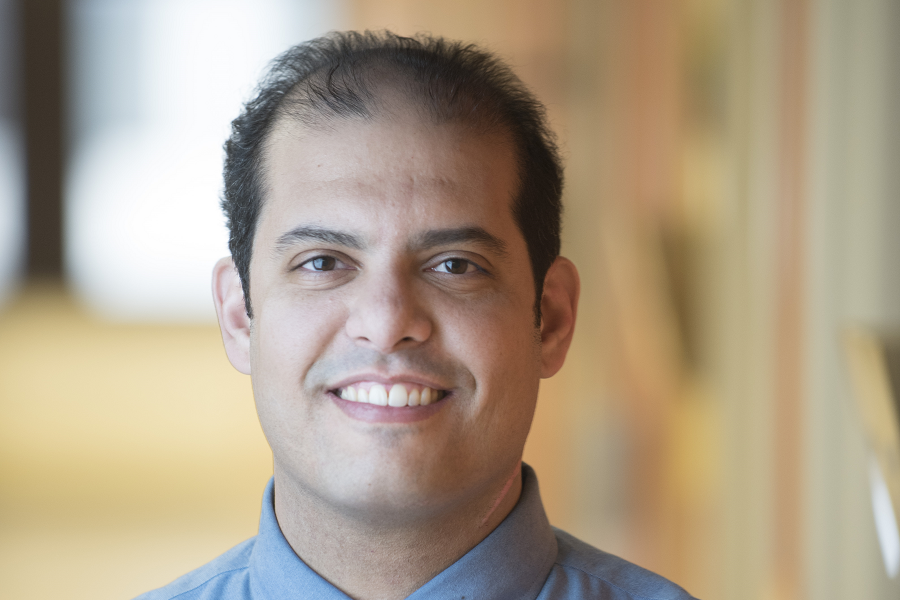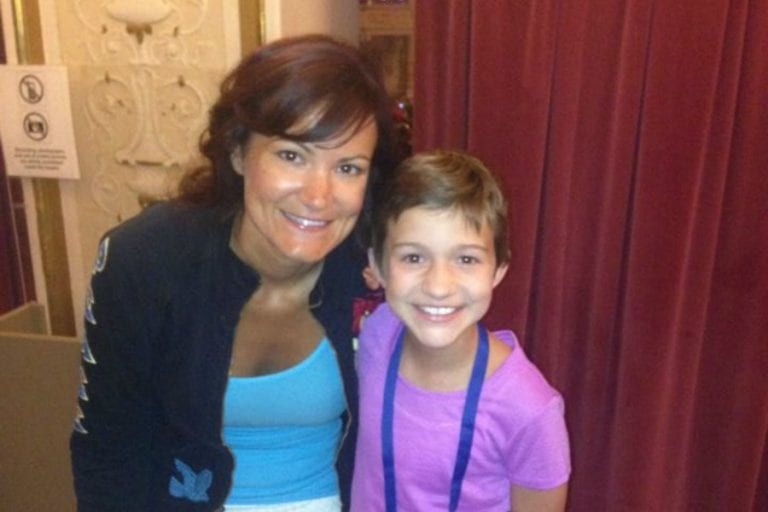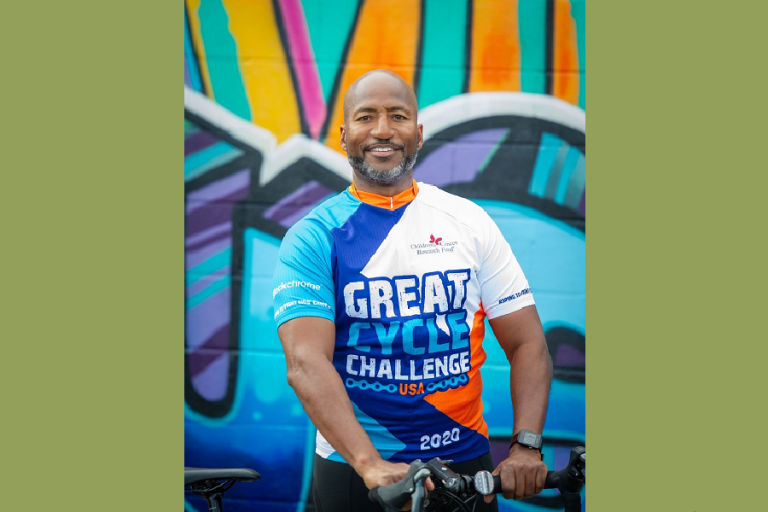Current research data suggests childhood cancer survivors are not getting the care they need, which can become life-threatening.
“Survivors truly slip through the cracks,” said Karim Thomas Sadak, MD, MPH, MSE and director of the University of Minnesota’s Childhood Cancer Survivor Program (CCSP), supported by Children’s Cancer Research Fund. The CCSP aims to improve the lives of survivors, and to truly help them, Sadak said it’s crucial to involve them in research. With only one out of five survivors receiving the care they need, fewer survivors participate in long-term follow-up studies, slowing potentially lifesaving research progress.
Osteosarcoma survivor Mariah thinks her peers may not participate because they want to get as far away from their cancer experience as possible. “The study itself is a reminder that you are a cancer survivor and that there might be long-term effects,” she said. “I think that is one thing that as a cancer survivor you realize over time and learn how to accept — the cancer experience in a sense is never over.”
Now a student at the University of Minnesota and involved in cancer research herself, she would personally participate in a study. “I know that research is what advances medicine,” she said. “I would participate to help others.”
But Sadak doesn’t think survivors simply do not want to participate in studies because at the CCSP 98 percent of survivors and their parents want to engage in research. He believes it’s more likely survivors don’t know the studies are out there because they don’t come in for visits to the CCSP regularly enough to learn about them.
To help understand why survivors are not engaging in research studies, the CCSP is currently investigating how to create the ideal model of care to deliver survivor-focused care. “Once we know what all the key stakeholders want and need in this care,” said Sadak, “then we will create that model and test, refine and perfect the model to optimize late effects surveillance and the delivery of health promotion to our survivors.”
For this type of research, Sadak sees results almost immediately because he can implement the changes in his care delivery informed by his research in real time. “No delays, no hold ups, no red tape,” said Sadak. “If our research suggests there’s a better way to help our survivors, we can make those changes and then study them in a rigorous fashion to make sure they truly improve the lives of survivors, and if not, how to best improve upon them.”
Support Groundbreaking Research
Your support propels bold ideas forward and empowers researchers to discover better, safer treatments for children who are fighting cancer.




